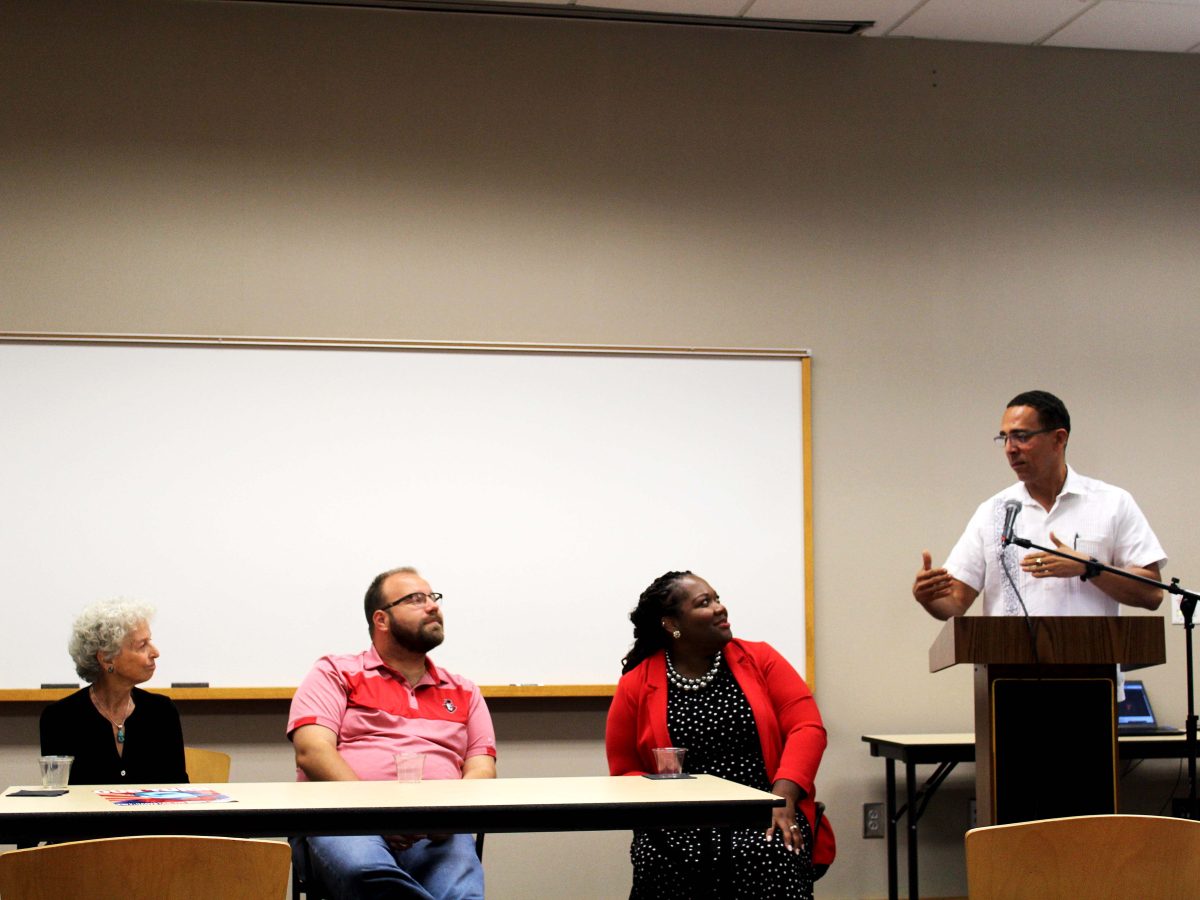I am writing a letter to respond to the Paws to Care article published on January 27, 2020, in The All State. I believe that supporting a feral cat colony on campus is both inhumane and environmentally disruptive and in no way furthers the mission of APSU.
If you know me personally, I am extremely passionate about animals and protecting our environment. I volunteer weekly at the Montgomery County Animal Control, cleaning out cages and giving snuggles to the neediest looking cats and dogs.
I had two family cats and a dog growing up and currently have the most spoiled pit-mix in Tennessee. I have never been hunting because I could not kill an animal. I also have a degree in wildlife biology and have participated or led many research projects on how to protect native environments. So this opinion of mine about the feral cat colony on campus is not because I don’t like cats or think that they are harmful to our students.
I think we are fostering a colony of animals who will die in the worst ways if we do not give them shelter and proper safety. Even The People for the Ethical Treatment of Animals (PETA), the most radical organization protecting animal rights, agrees that harboring a feral cat colony using the Trap, Neuter, Release (TNR) method is inhumane due to the fact that these feral cats die gruesome deaths when they are left to fend for themselves.
Not only are we setting these cats up to die in disturbing and inhuman ways, but we are also allowing these cats to eat the native birds and mammals that we are attracting to campus. APSU’s main campus is a certified arboretum, meaning that we have over 120 tree species on campus, 77 of those are native.
We also have an established blue-bird program with about 10 bird boxes that are monitored to support blue-bird populations on campus. Supporting a cat colony, a main predator to the native blue-bird is inviting blue-birds to our campus just to be eaten by the dozens of cats on campus.
Due to these opinions above, I believe that APSU should not support a feral cat colony on campus. We should follow the county’s protocol of trapping these cats, evaluating for rehabilitation and finally adopting out. If we really cared about the health of these cats, we would support in giving them homes rather than keeping them alive just to die horrific deaths.
Sincerely,
Hayley Randell
APSU Staff









